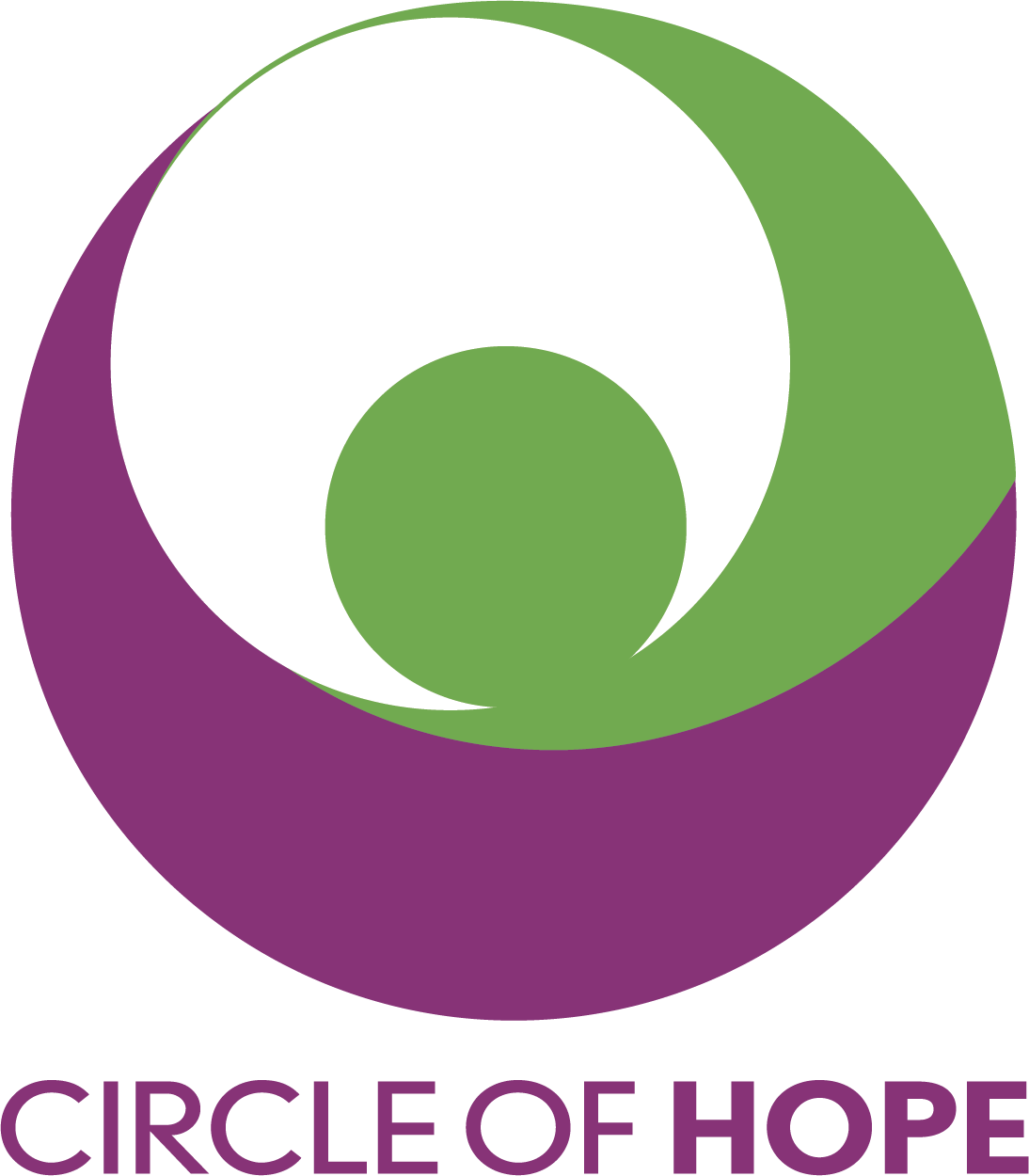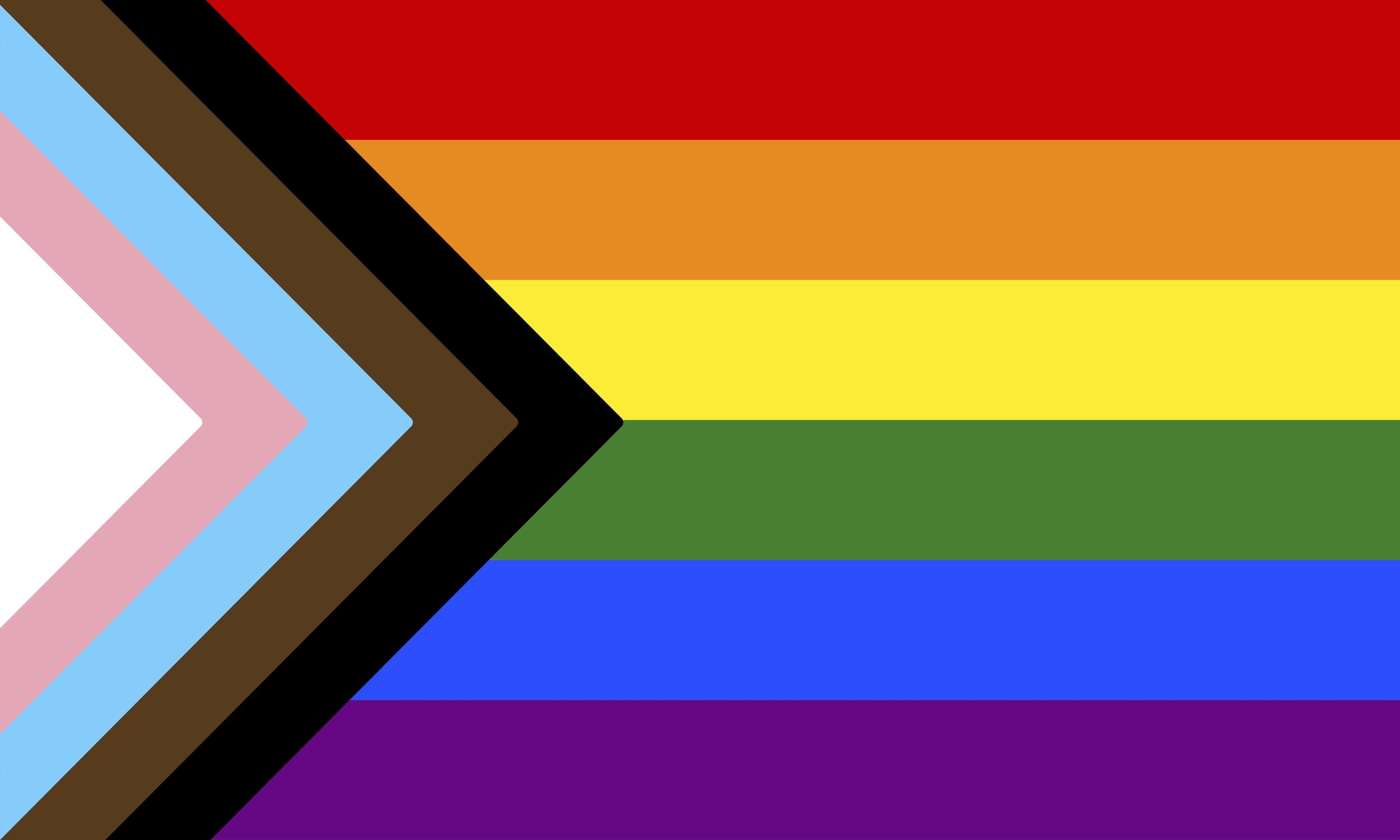January 23 is Maternal Health Awareness Day.
Homelessness has a significant impact on maternal health, which refers to the physical and mental health of mothers during and immediately after pregnancy. Women experiencing homelessness are more likely to have complications during pregnancy and birth than stably housed women. (1) Major stressors like homelessness also increase the risk of Postpartum Depression and Postpartum Anxiety. (2) Moreover, babies born to mothers experiencing homelessness are more likely to be born early and have lower birth weights.
Despite having more complications, women experiencing homelessness attend fewer prenatal appointments than stably housed women. (3) Lack of transportation, lack of childcare, and irregular insurance coverage are just a few of the healthcare barriers women experiencing homelessness face. Distrust of healthcare providers - particularly for women of color who have experienced racism in the healthcare system - is another. (4)
Circle of Hope strategically partners with hospitals and clinics that improve access to prenatal and postpartum healthcare for women experiencing homelessness by providing treatment in various locations, including shelters. Through these partnerships, Circle of Hope provides pregnant and postpartum moms experiencing homelessness with clothing, hygiene essentials, and personal care items to support their recovery and overall health. We also give them infant essentials like clothing, diaper cream, wipes, and baby wash, so they have everything they need to confidently care for their newborns. By providing brand new porta-cribs, Circle of Hope gives infants a safe place to sleep in shelter and improves maternal mental health by enabling moms to get some sleep as well.
In the past year, Circle of Hope has received more urgent requests to help pregnant and postpartum moms and newborns than ever before. Your donations of maternity clothing, infant clothing, Welcome Baby Bags, and New Mom Kits directly support the mental and physical health of moms and babies experiencing homelessness and facilitate vital bonding and attachment in the vulnerable early months. Please visit our How to Help page for more information on how you can support families experiencing homelessness.
Sources:
International Journal of Environmental Research and Public Health, 2019
Mayo Clinic, 2022
Housing Matters, 2019
BMJ Quality & Safety, 2022



